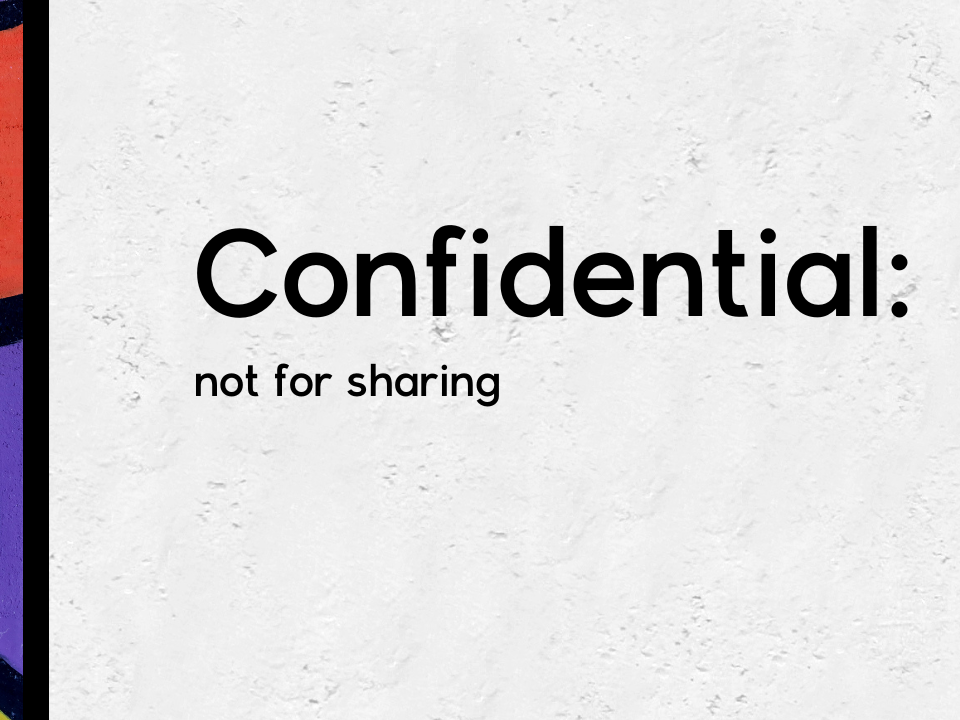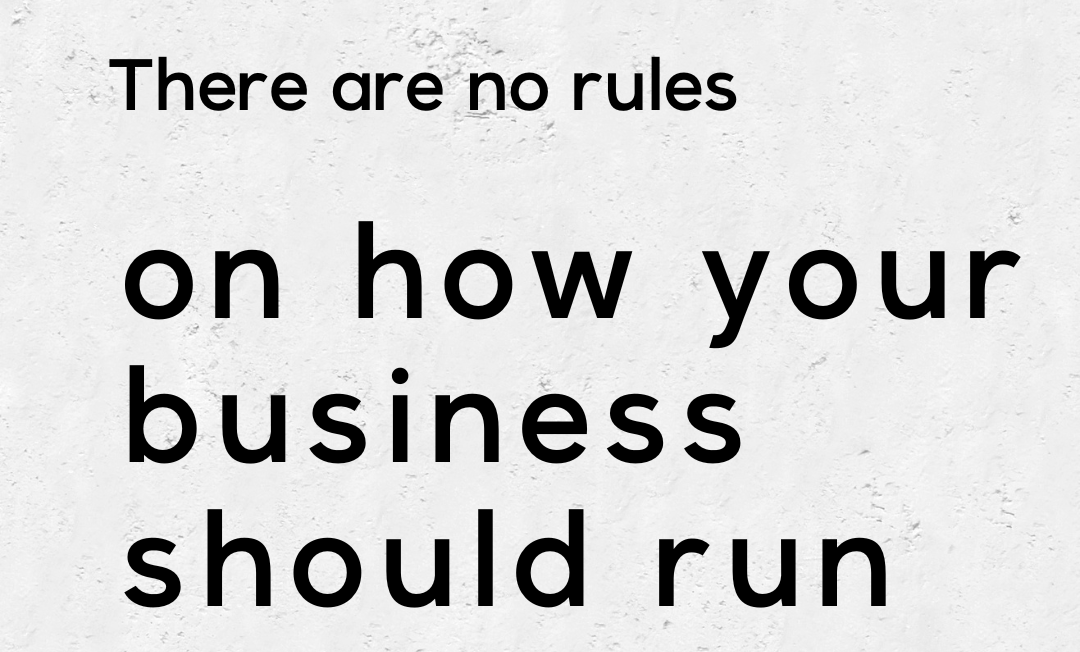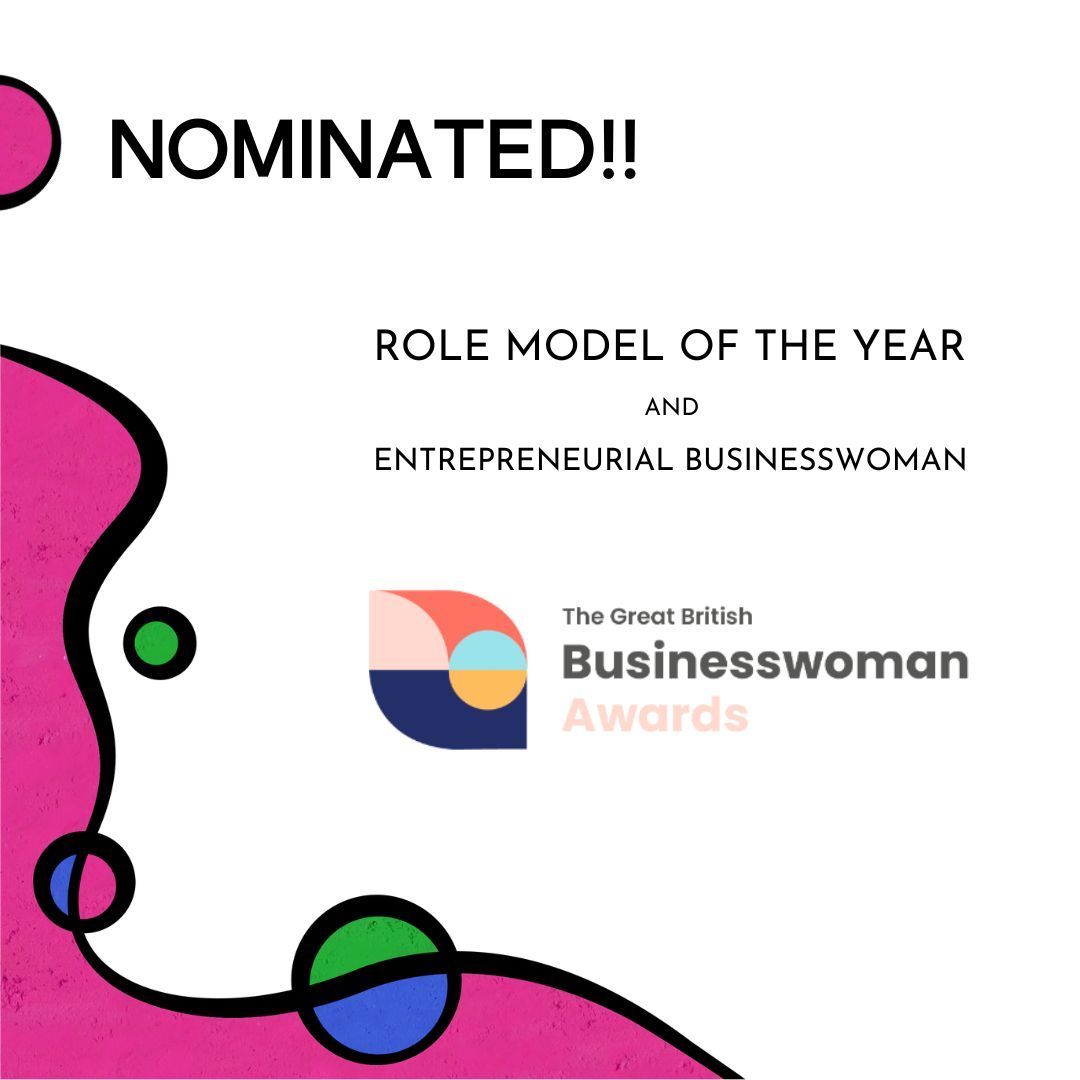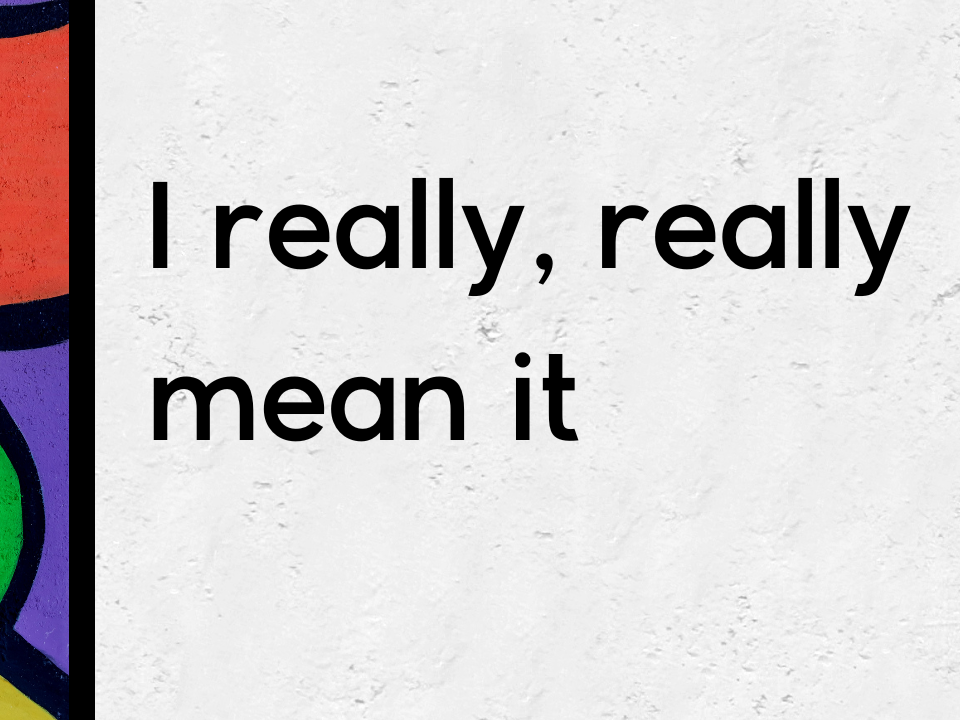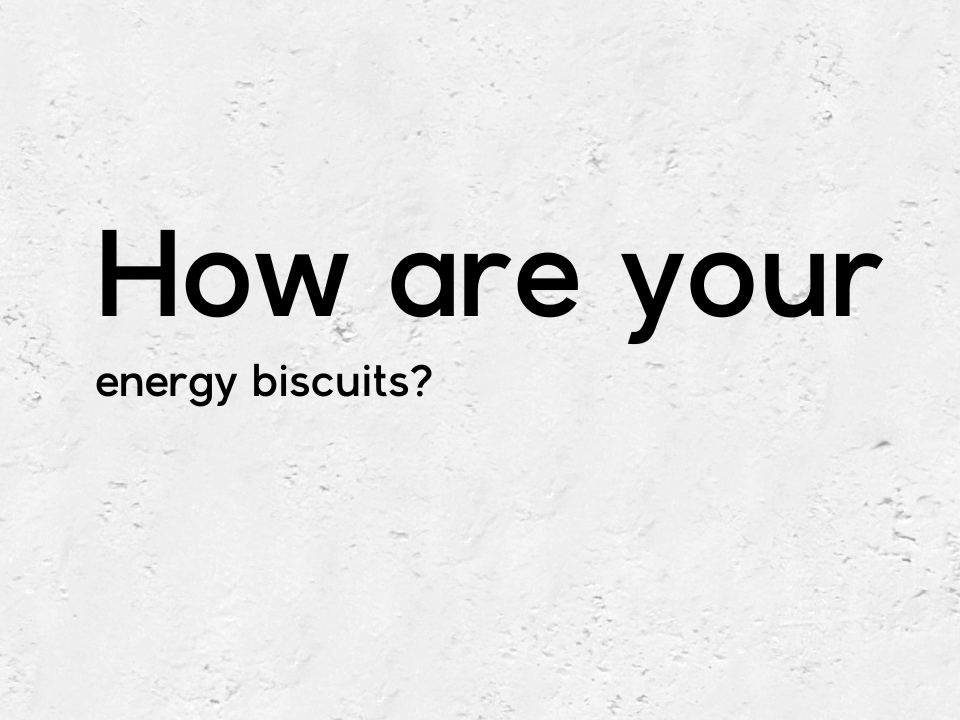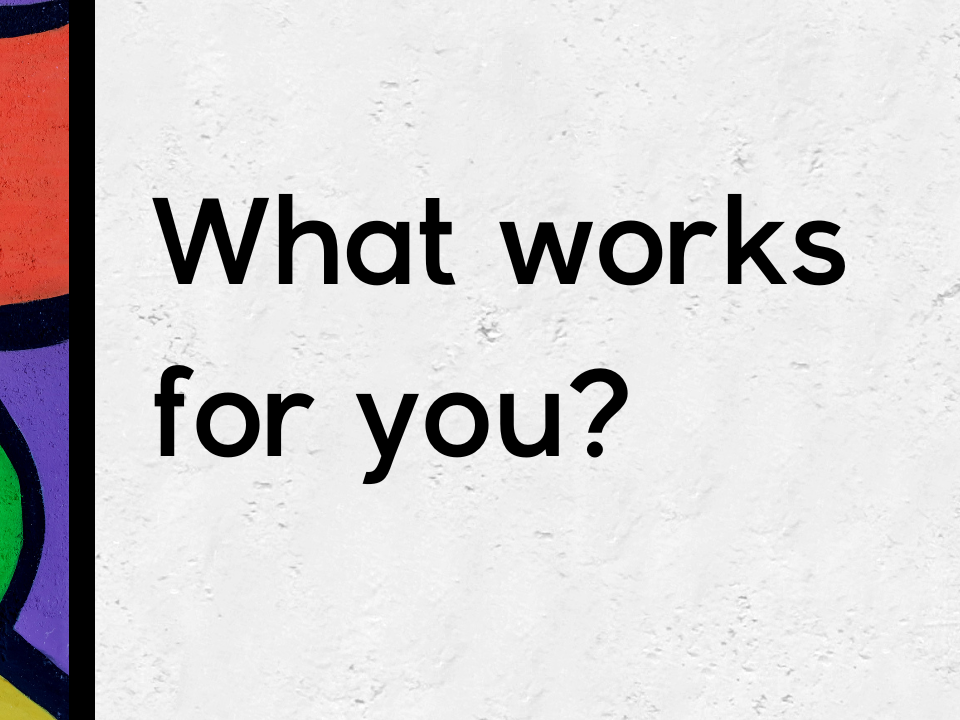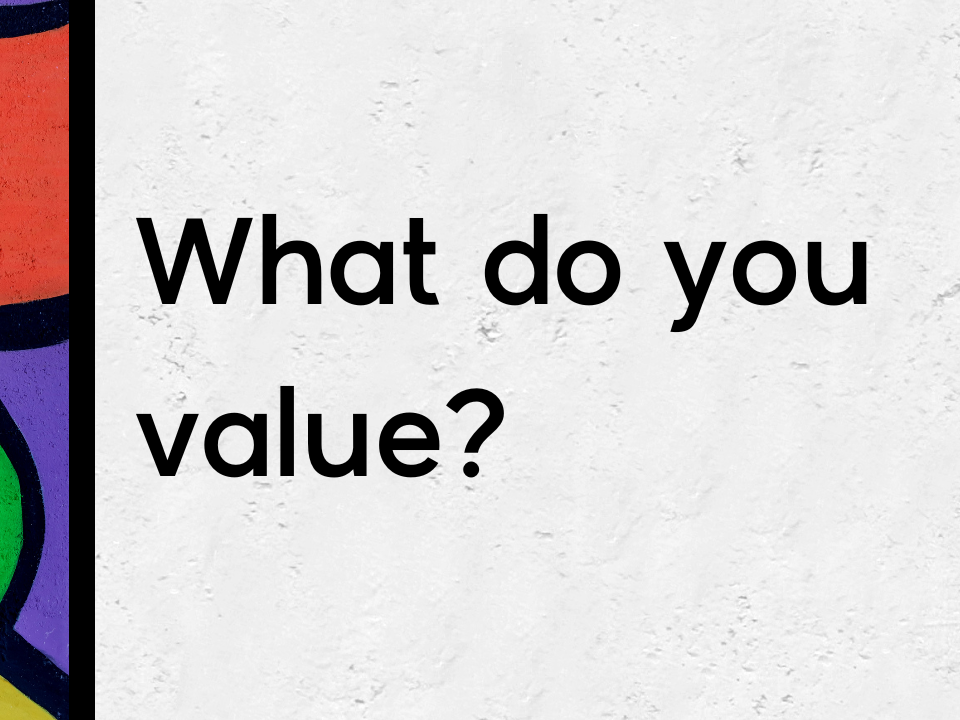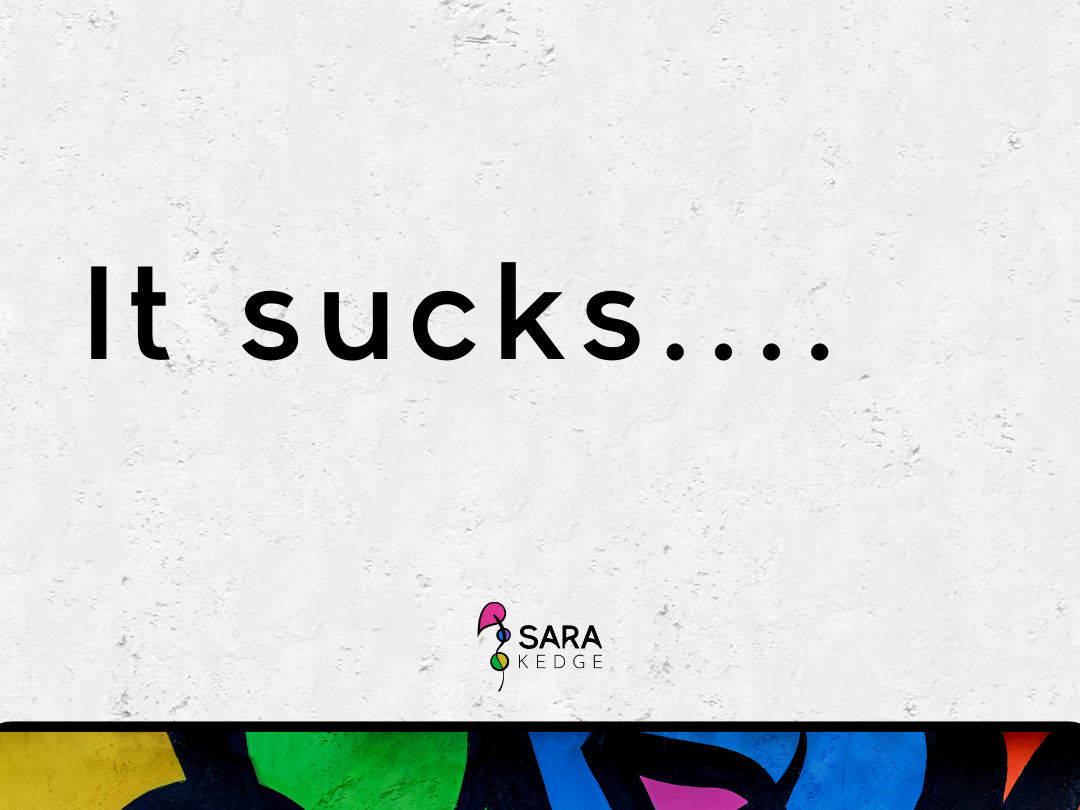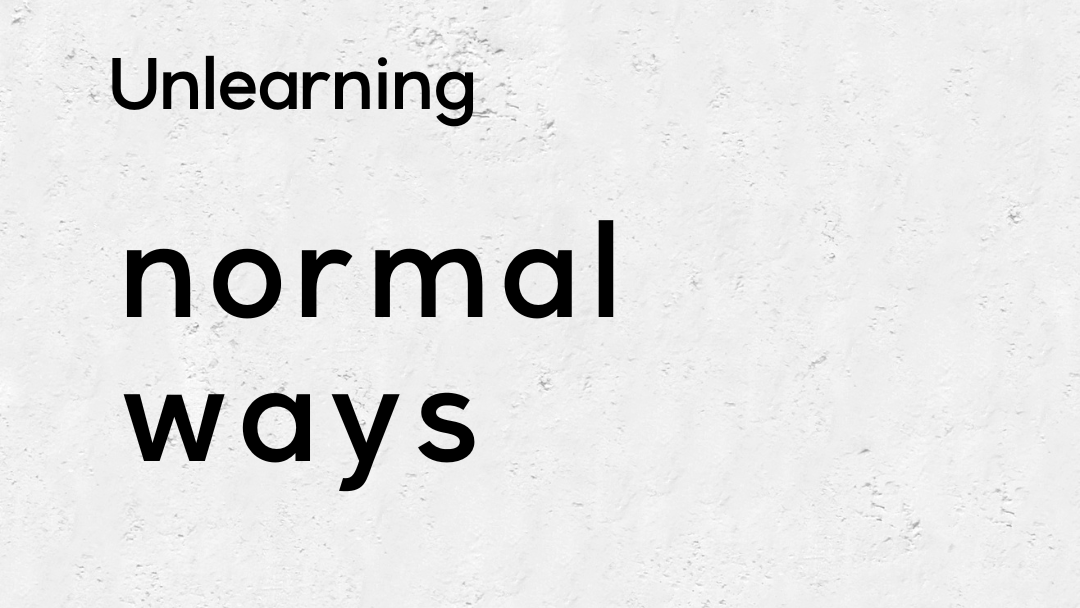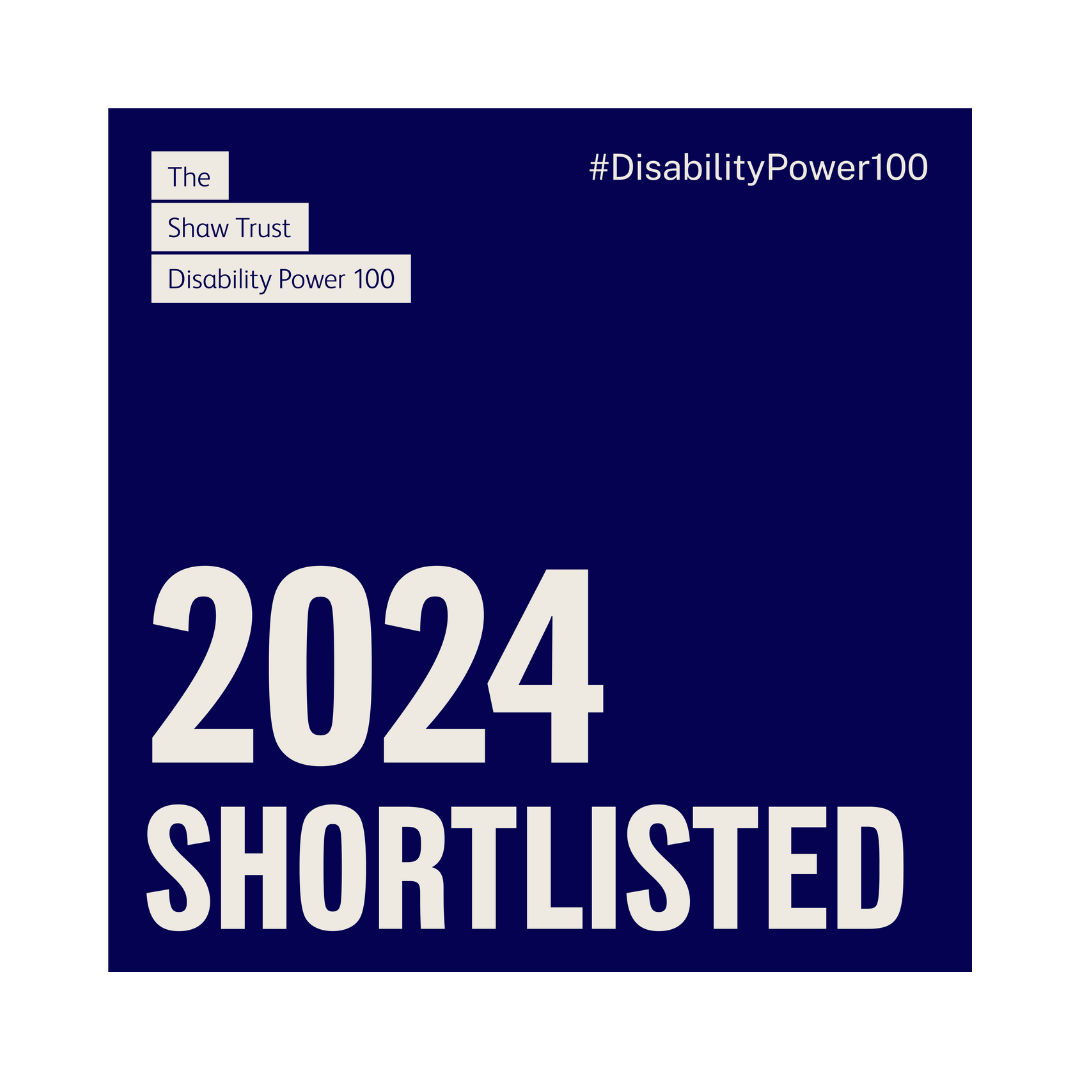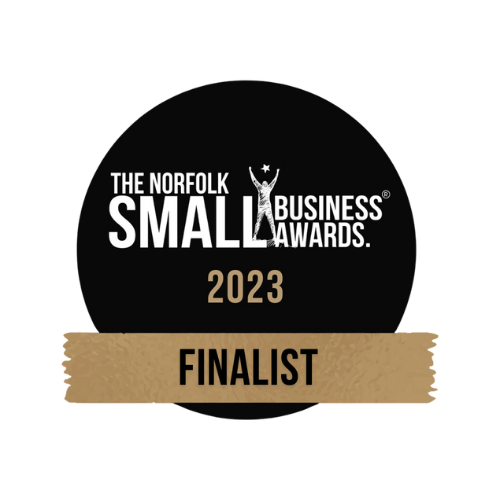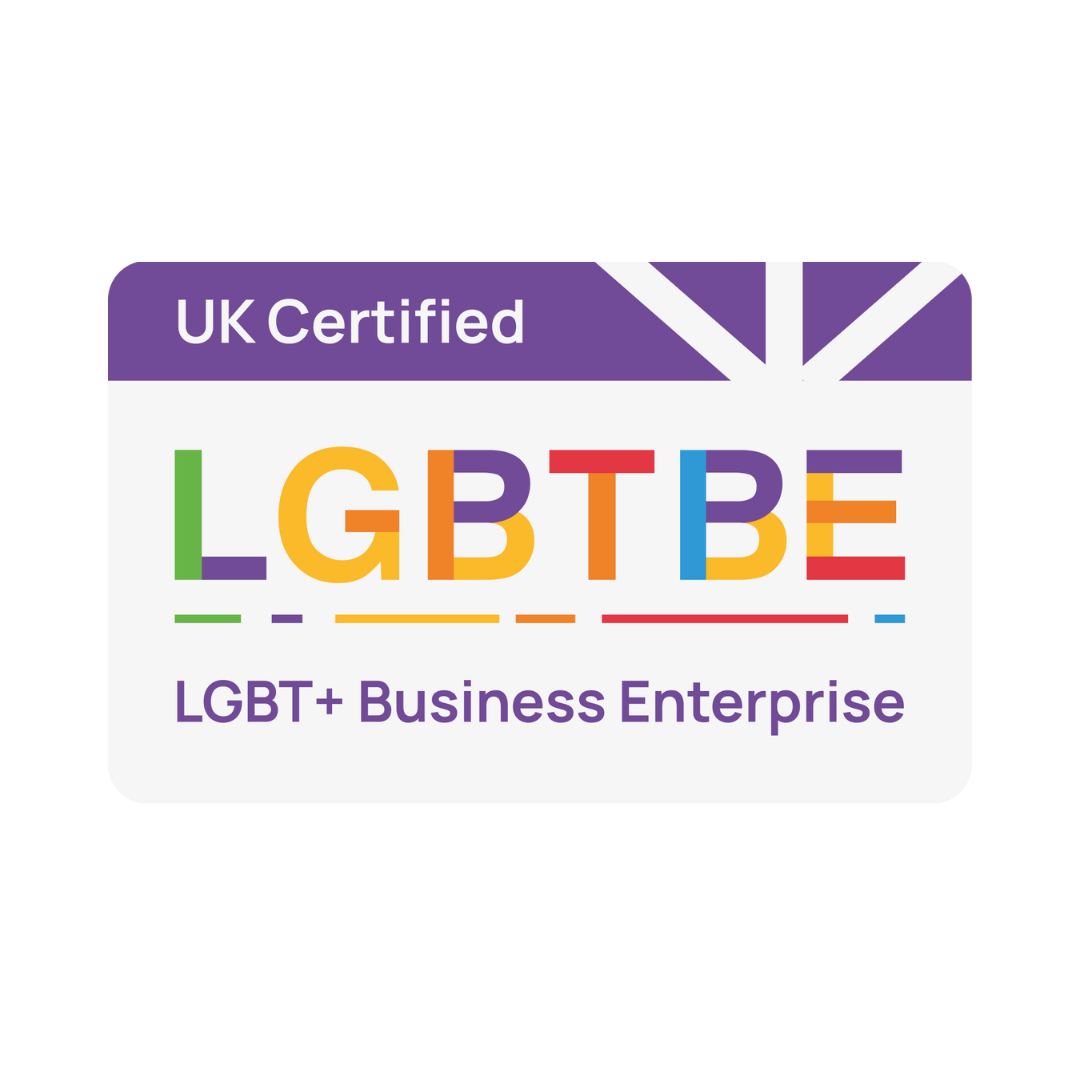How important is ADHD diagnosis?
Or Autism, Dyslexia, Dyspraxia, Dyscalculia diagnosis for that matter.
Spoiler alert- if it helps you, get one. If it doesn't, don't
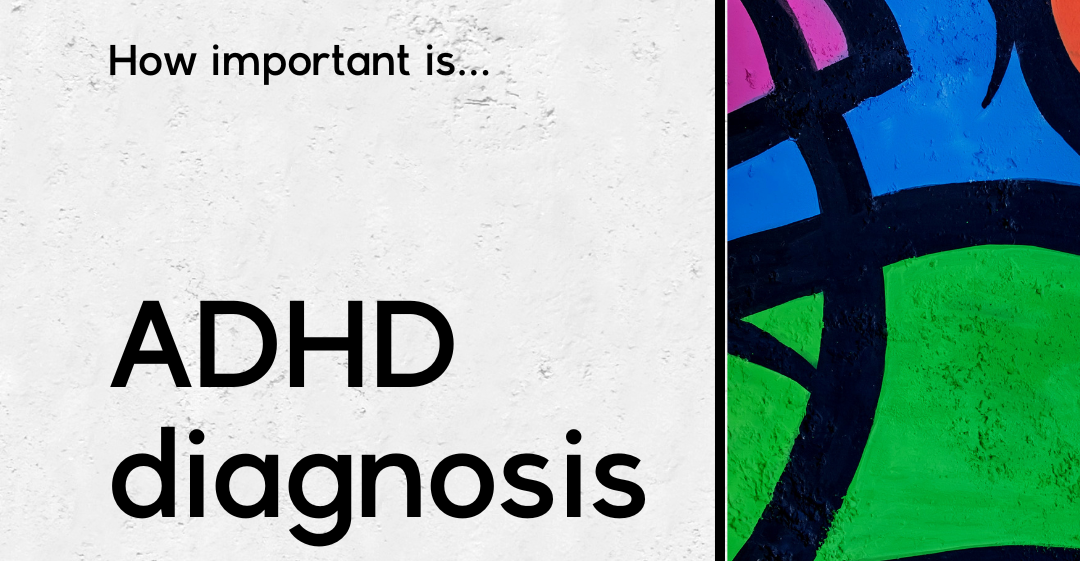
I responded to a post about the validity of ADHD self-diagnosis...
.
Many people do have distractible moments, which are perfectly standard for any human. This in, and of itself doesn't make a person ADHD (and any flavour of NeuroDiversity, for that matter). If this is an enduring, regular experience for someone, which comes alongside other challenges/ difficulties/ experiences of the world... can indicate ADHD.
.
For some people it is validating to get a diagnosis from a clinician. It helps them make sense of their experience in the world and can support them on their own journey.
.
For others this is not necessary. Having the self-identified language of ADHD gives them access to a community of people with shared experience. From this they may also gain a whole stack of support on how to build joy, productivity, and all the other good stuff that life has to offer into their world. It is the language and shared experience that is important to the person- not a clinical diagnosis.
.
Diagnosis is not an end nor is it a solution in, and of itself. It gives confirmation (from a medicalised perspective) of the language used to describe a collection of experiences and traits. It is the work that comes after the diagnosis/ self identification which helps people remove the masks of years of Requests To Modify to hide their neurodivergence. To develop more beneficial strategies and support structures to engage in the world.
.
It is this work after realisation/ diagnosis where people seek and often find a community of support. Helping become on a journey to become their full, true, and absolute best versions of themselves.
.
Diagnosis can give access to medication, which some ADHD'ers find really beneficial. And this is one tool in the box of ways to live a happy and full life. For this reason, diagnosis can be really helpful to some people.
.
However, access to diagnosis is not easy. The NHS (god love it) has a back-log and even through "right to choose" pathway, can have a long lead-in time. This is before you get to the problems of potential self-doubt on whether you should ask a stretched GP for this support... or when you do, you fear being told your experience is wrong... Even when a person does navigate these challenges and it turns into an appointment, there is a whole bunch of difficulty getting TO the appointment, let alone THROUGH it.
.
And if you don't have the fortuity of getting an NHS diagnosis, private diagnosis is expensive. Really expensive.
.
So for some people self-identification is less of a choice, and more of a situation they have to manage, on top of living a life with neurodivergent challenges.
.
Whether self-identified or clinically diagnosed- the process from realisation to making adjustments is a far longer journey than a couple of tik-tok's or an hours meeting with a psych.
.
So to answer- yes, for some people diagnosis is part of their neurodivergent journey. It is far from the end of it.
.
